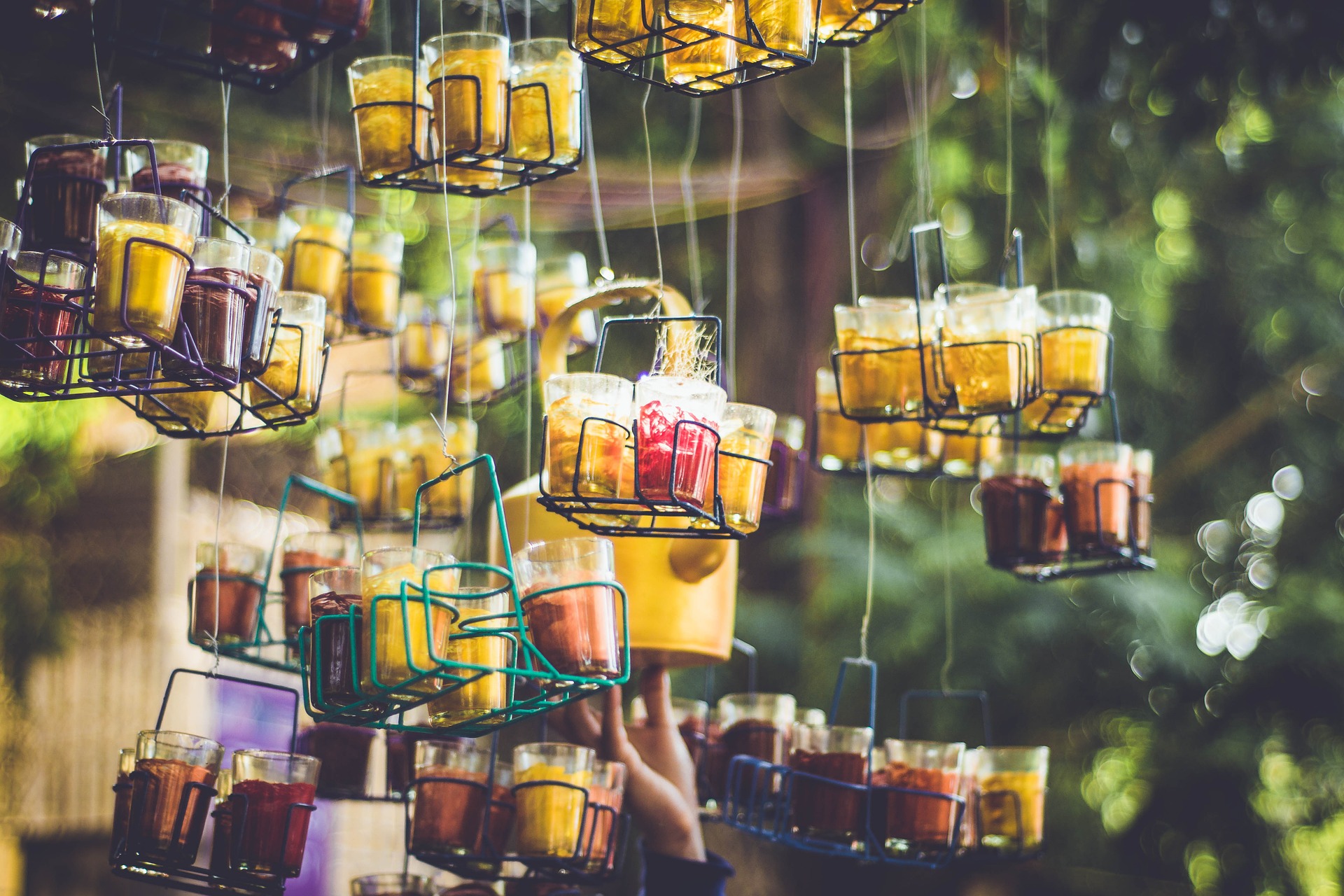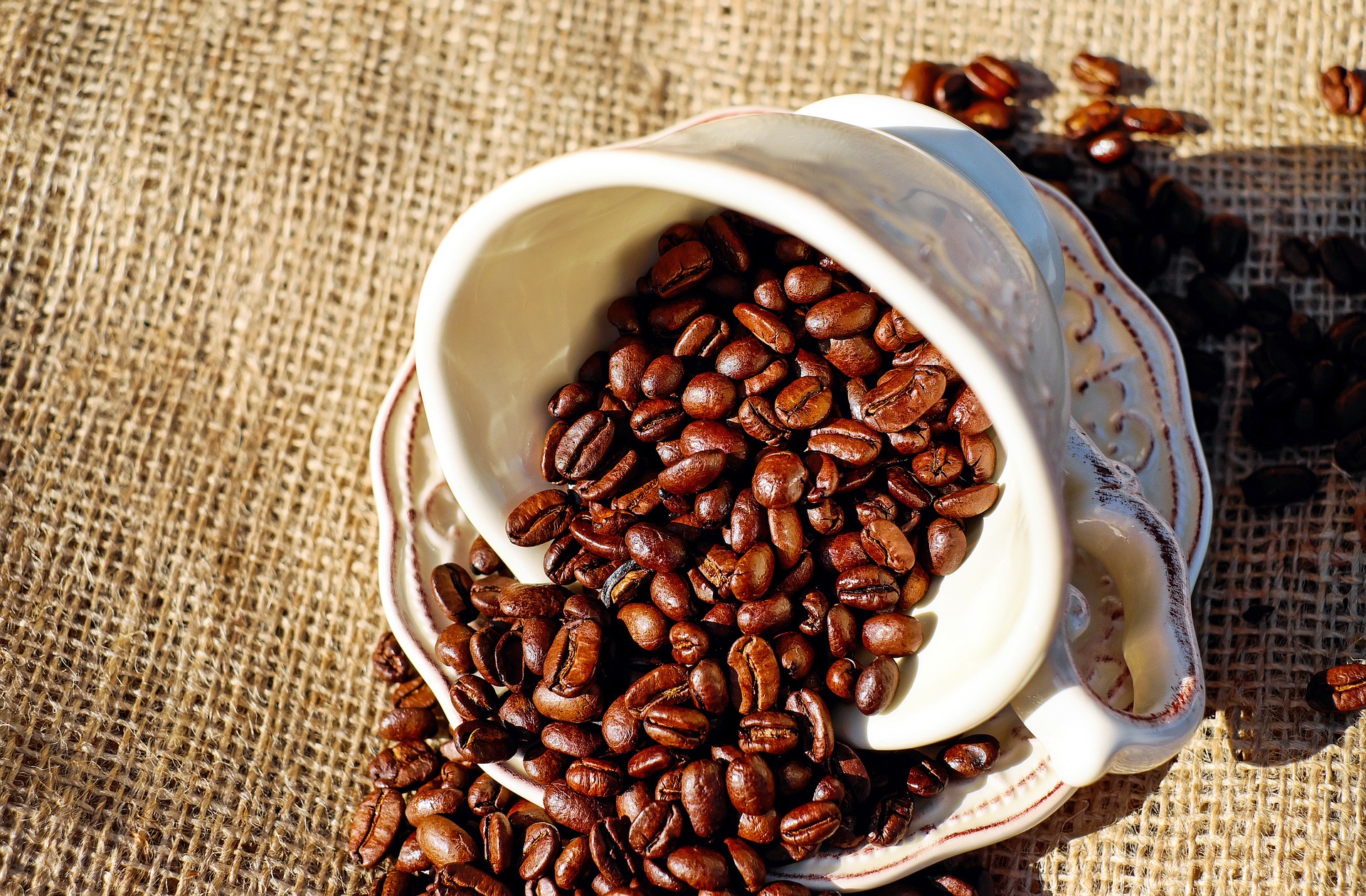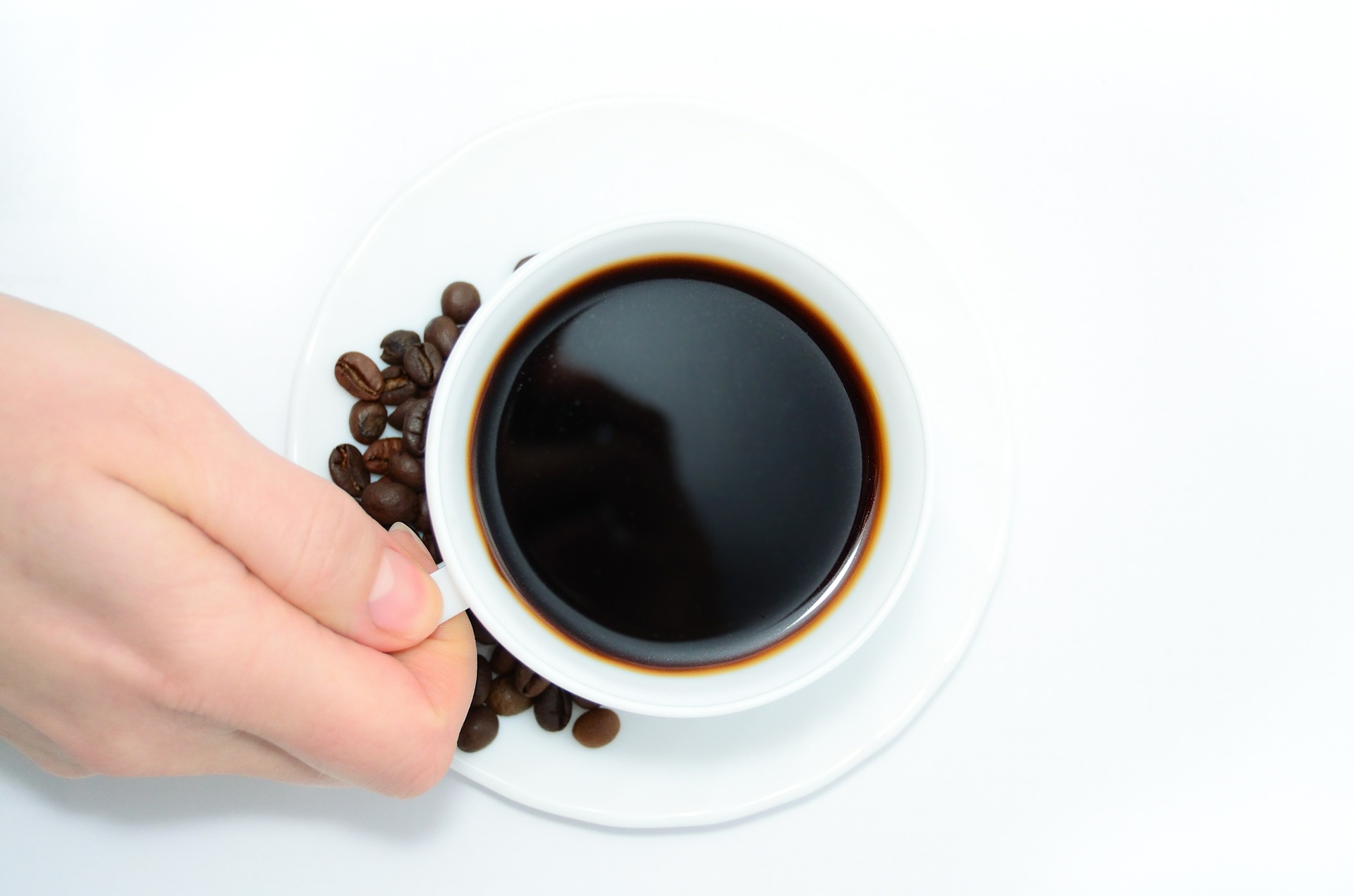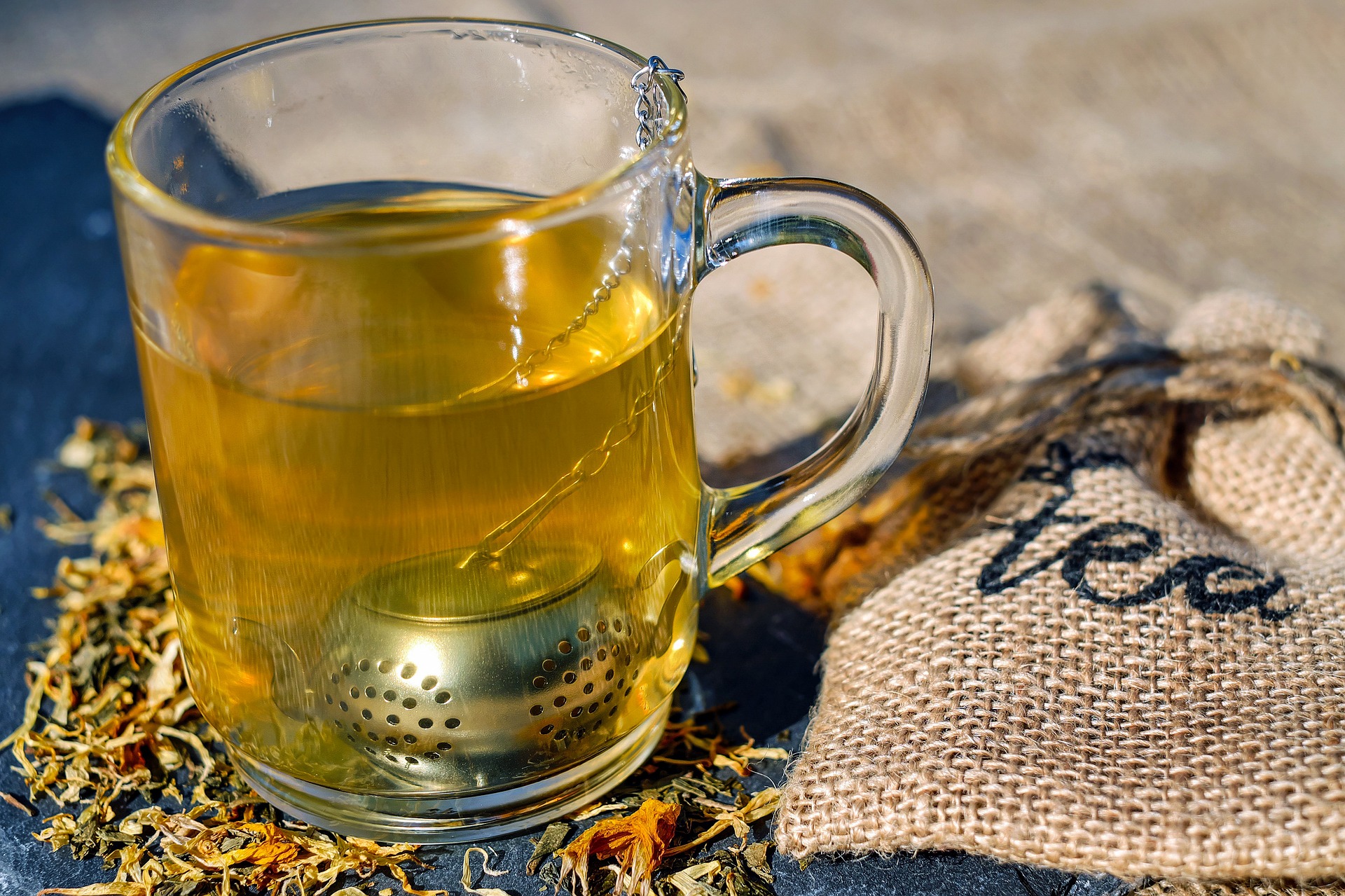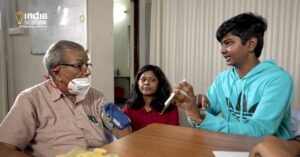Are Tea and Coffee Good for Your Health or Bad? We Asked an Oncologist and Here Are the Answers!
Coffee and tea are the most widely consumed beverages globally, yet there are secrets untold about this universal stimulant. Dr. Vishal Rao takes a closer look at the benefits of your daily cuppa.
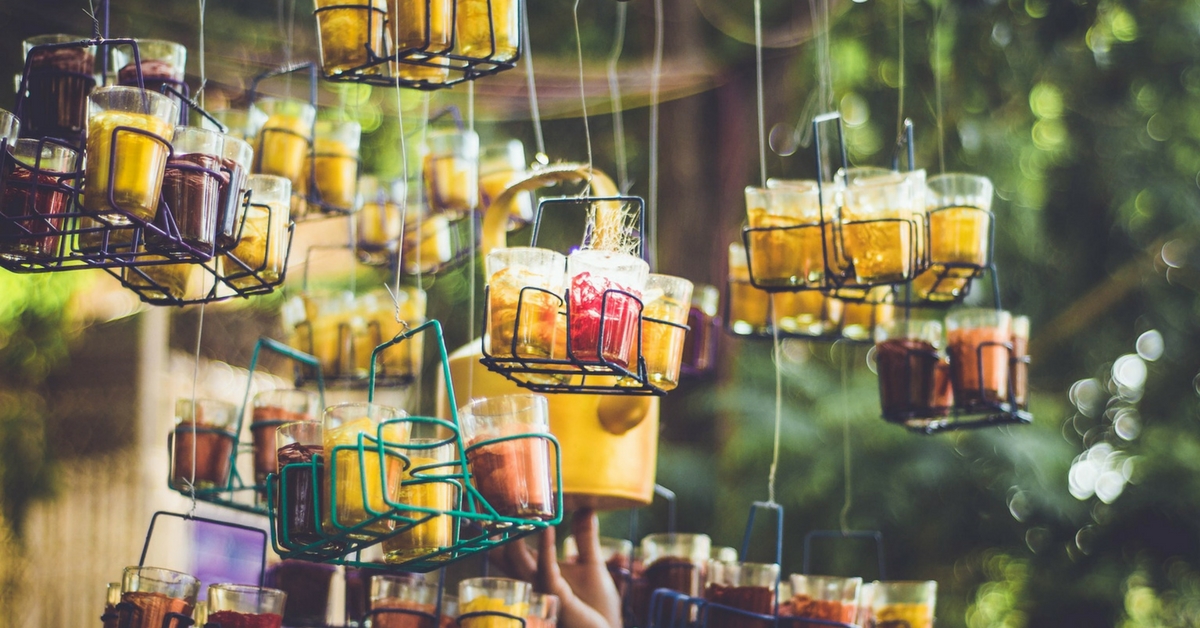
Coffee and tea are the most widely consumed beverages globally, yet there are secrets untold about this universal stimulant. After all, we finally live chaipani ke liye! Dr. Vishal Rao takes a closer look at the benefits of your daily cuppa.
Tea-totallers and coffee addicts, did you know that tea leaves have more caffeine than coffee beans before they are brewed? Even green tea, for that matter, has a significant dose of caffeine (24-45 mg.), close to that of instant coffee (27-173 mg.). Here I present my perspective over some crazy questions I have pondered upon while sipping my daily poison:
- Will too much coffee kill me, or help me live longer and healthier?
- What makes the perfect cup – milk/sugar, or without?
- Is decaf really decaf, and safe?
- Why is chai consumed more in India — is it better?
Before we get into these questions, let us glance through some interestingly strange social and historical facts about these classic beverages.
Caffeine is a driving force and a powerful pharmacologically active drug or stimulant. Sometimes it gives us a headache, other times it relieves one. Whether it’s a judge or prisoner, whether you are happy or sad, whether you sit to share a moment with your friend or a foe, it is your silent chemical companion.
- Coffee comes from coffee seeds embedded in the red berry fruits of the plant.
- Coffee seeds are called coffee beans because they resemble them in shape.
- Instant coffee was invented by George Washington! Not, not the American President, but a Belgian chemist who made the innovation in 1906 at Guatemala.
- India consumes more tea than coffee, a fact that finds its roots in colonial history. The British East India Company played an instrumental role in popularising this habit in the Indian sub-continent. The same was true for America, where tea was more popular until King George III’s Stamp Act of 1767 increased the taxes. Apparently, this resulted in the Boston Tea Party, wherein demonstrators dumped the tea cargoes into the harbour.
It is said thereafter coffee became America’s national drink, and the country finally got a tea break!
- Coffee is considered by some to be a more affluent drink than tea. The typical phrase, chai pani, or tea break for the mango man (aam aadmi), finds it roots in the fact that earlier, coffee was costlier than tea. Rightly so, if you ask growers, as tea is more easily available, grown through the year, and easier to grow and process than coffee.
- An obvious distinction in the consumption pattern of India is visible between the the north and the south of the country. North Indians have been age-old tea promoters, and South Indians, connoisseurs of coffee.
- The world’s costliest coffee comes from Kopi Luak, Indonesia, made from the undigested coffee seeds consumed by the Asian palm civet. The animal eats the coffee berries, but cannot digest the seeds, thus excreting it. It is said to be naturally processed and extremely high quality. Ever wonder why? Well, it is said animals are natural selectors of the best fruits, and tend to make smart choices. If you wish to try this coffee but are unable to get it, here’s a simpler solution. Belts of Coorg and other coffee-growing areas in India have elephant- and monkey-processed coffees that claim similar processing abilities among Indian animals!
Now, coming to the good, the bad, and the ugly parts of our beverages.
1) Good things about coffee: A plethora of scientific studies have consistently found coffee is good for your liver, may lower risk of heart attacks, and cut the risk of certain cancers, Alziemer’s Disease, or multiple sclerosis. One study even showed that 1-5 cups a day may possibly reduce the risk of early death.
2) Recent studies suggest that for healthy adults, a moderate daily caffeine intake, at a dose of up to 400mg, is not associated with adverse effects such as general toxicity, cardiovascular effects, effects on bone status and calcium balance, changes in adult behaviour, increased incidence of cancer, and effects on male fertility. That’s roughly the amount of caffeine in four cups of brewed coffee, 10 cans of cola, or two “energy shot” drinks (for caffeine content and not other parameters). Keep in mind that the actual caffeine content in beverages varies widely, especially among energy drinks.
3) L-theanine, an amino acid found only in tea, reduces stress and promotes relaxation. It works with caffeine in a synergistic way to calm the body without reducing caffeine alertness. In addition, the high levels of antioxidants found in tea slow the absorption of caffeine.
4) Decaffeinated coffee or tea, in fact, is not caffeine-free at all. It still contains about 2-12 mg. per cup.
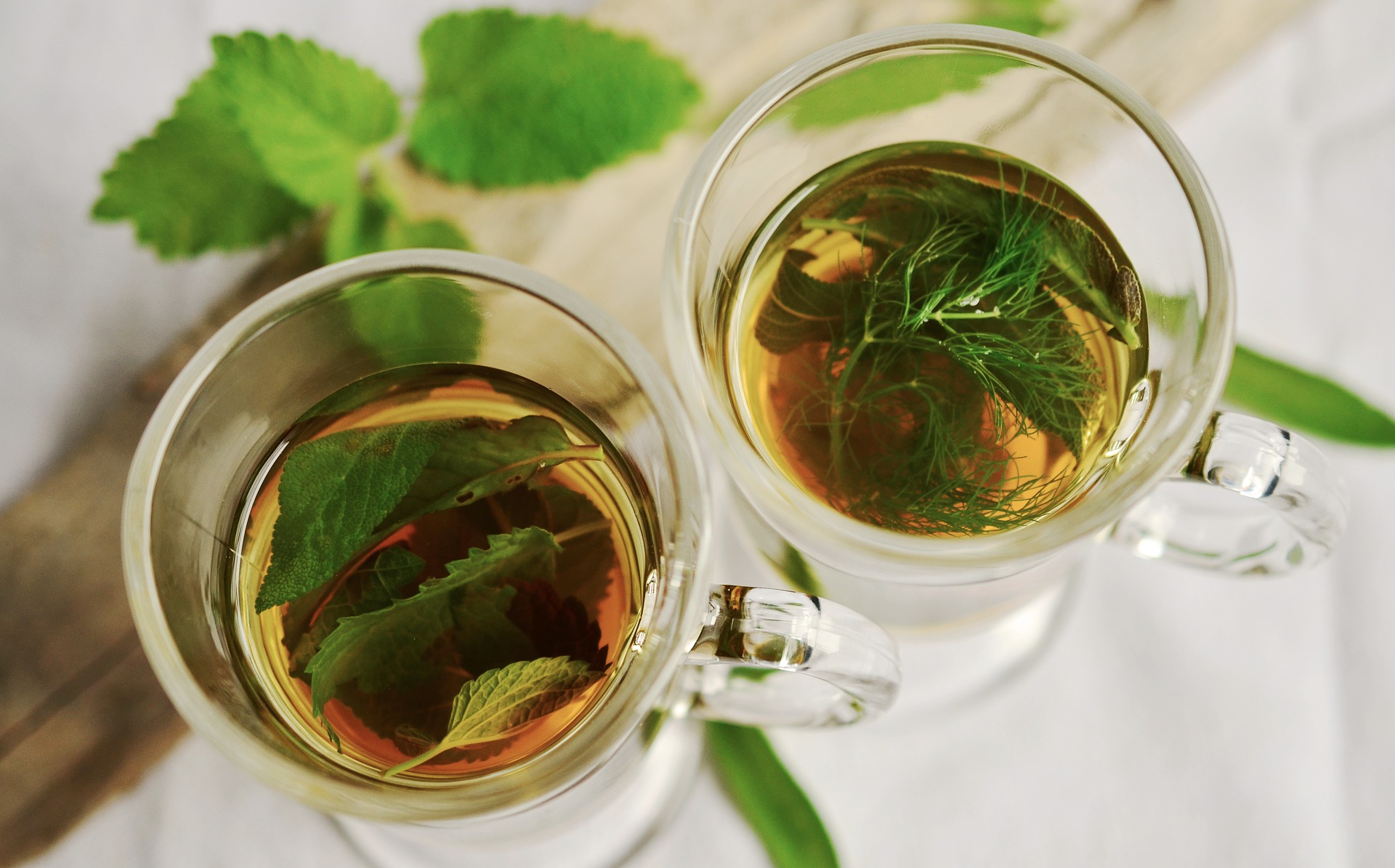
5) Decaffeination uses chemicals. Coffee beans are steamed, so that dissolved caffeine rises to the surface, where it is washed off using an organic solvent called methylene chloride.
6) While much of the research published does allude to the safety and even potential benefits of caffeine, it is prudent for us to be aware of the handful of research studies that highlight the potentially harmful effects of caffeine. The food and beverage industry spends millions, if not billions, worldwide to fund studies and promote caffeinated products as safe, or even healthy. Many products, including cold beverages such as cola, contain caffeine.
7) It is also important to be aware of any pre-existing medical conditions such as hypertension, diabetes, or heart disease that may contribute to caffeine’s negative effects and lead to worsening of these conditions beyond moderation.
8) What’s worse than caffeine may be the milk and sugar, that heighten the damage. Studies have analysed contents such as urea, detergent, H2O2, vanaspathi, ammonium sulphate, formalin, sodium bicarb, and boric acid, common adulterants used to improve shelf life. It’s vital for restaurants and cafe owners to exert vigilance and ensure that they serve optimal quality of milk to customers.
Organic milk from genuine and reputed farms is now available and makes for a healthy choice.
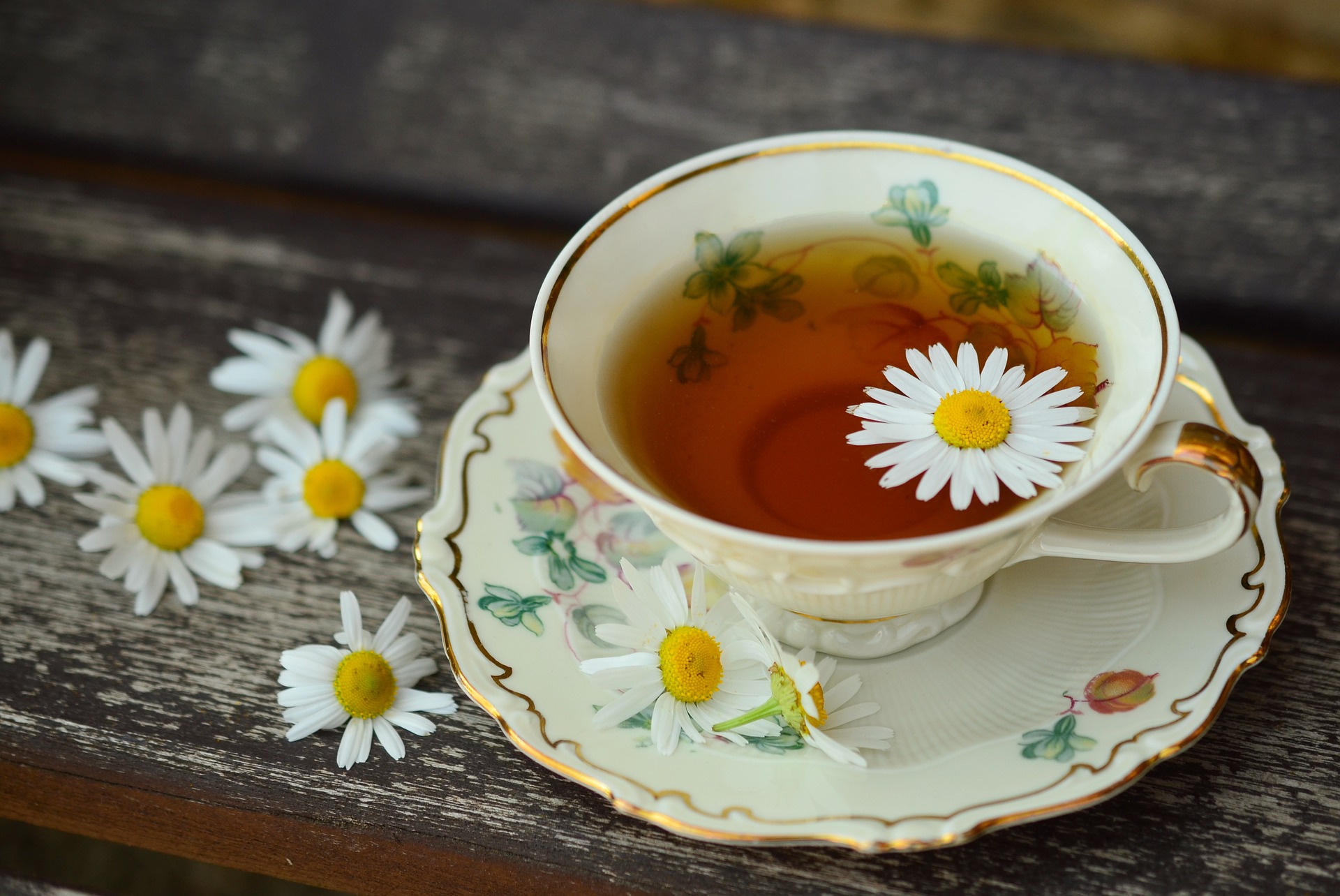
9) Sugar is arguably the greatest killer of this century, and incredibly unhealthy. A note for unaware vegetarians — bone char used to filter and decarbonise refined sugar comes from cattle bones or alternative animal sources. Most manufacturers tend to use these, and it is difficult to distinguish without appropriate disclosures on the packet. Better, enjoy your coffee black, or use the natural sweetness of milk. Jaggery is a safer alternative. I reserve my comments on artificial sweeteners. The closer to nature the better!
Finally, if we were to ask a yogic practitioner or a spiritual guru his opinion about this habit, what would his advice be?
This aspect of deliberation was crucial, as a segment of people are moving towards veganism, yoga, and other healthy choices. Well, almost all of them would say in unison, “No.”
Caffeine is a drug and can stimulate people differently, and more importantly, artificially, taking you away from your body’s natural resonance and ambient energy levels. It induces secretion of adrenaline in the body, a flight-and-fight hormone and potent nerve stimulant, thus producing its stimulant and alertness effect.
To eliminate caffeine intake, one must switch to herbal tea. Almost all the tea we consume comes from the same plant, Camellia sinensis, which contains caffeine. Herbal infusions, such as Chamomile, Rooibos, and Peppermint, come from botanicals not related to Camellia sinensis, and are naturally caffeine-free.
Disclaimer: The author consumes coffee before performing his surgeries, green tea in his out-patient clinics, and seizes every opportunity to have chamomile tea (best of all).
(The author is an oncologist and head-and-neck surgeon at the Bangalore-based HealthCare Global (HCG) Cancer Center.)
For further queries, you can contact Dr. Vishal Rao here.
All images are for representational purpose only. (Source: Pixabay)
Like this story? Or have something to share? Write to us: [email protected], or connect with us on Facebook and Twitter.
NEW: Click here to get positive news on WhatsApp!
This story made me
- 97
- 121
- 89
- 167
Tell Us More
We bring stories straight from the heart of India, to inspire millions and create a wave of impact. Our positive movement is growing bigger everyday, and we would love for you to join it.
Please contribute whatever you can, every little penny helps our team in bringing you more stories that support dreams and spread hope.







